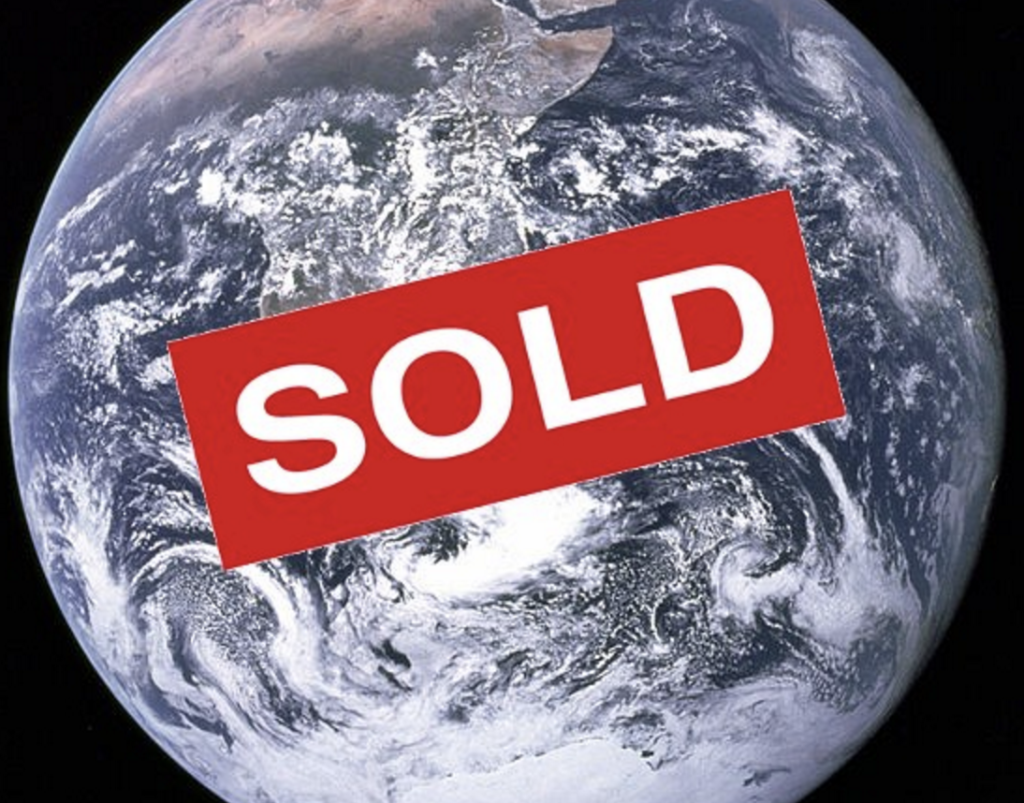Labor & Economy
Climate Change Is Not a Private Interest
Today is Earth Day, and it’s sure to be historic. More than one hundred world leaders plan to sign the Paris Agreement, the first global pact that commits nearly every nation to take action on climate change.

Today is Earth Day, and it’s sure to be historic. More than one hundred world leaders plan to sign the Paris Agreement, the first global pact that commits nearly every nation to take action on climate change.
The hard part comes next: ensuring that the agreements and decisions that state, local and federal governments make advance the pact’s environmental commitments—and certainly do no harm.
Unfortunately, some of the agreements we’re making to invest in our infrastructure actually put roadblocks in the way of addressing climate change.
Take North Carolina, which last year inked a deal with Cintra, a publicly traded Spanish corporation, to build and operate new toll lanes along a congested highway near Charlotte. The state’s Department of Transportation is now reassessing the 50-year Interstate 77 contract after a similar project in Texas led by Cintra went bankrupt last month, potentially leaving taxpayers with a massive bill. North Carolina’s deal, a public-private partnership (P3), will cost taxpayers hundreds of millions of dollars, yet tolls are expected to skyrocket.
But there’s another reason the I-77 deal harms the public. Like many P3s, it includes a clause that protects the private contractor’s profits. If the government builds mass transit that diverts traffic away from the toll lanes, the public has to pay a penalty to make up for Cintra’s lost revenue. Cintra’s revenue depends on more cars on the road. This could make it harder for the state to make innovative and environmentally sustainable transportation changes in the area.
Not only is North Carolina giving up the right to control an important public asset for the next five decades, they’ve made it harder on themselves to make changes to address one of the biggest challenges of our time, climate change.
When Chicago infamously sold off its parking meters for $1 billion under their value, it made similar commitments that are now making it tougher for the city to increase the number of bus routes and bike lanes.
Today will bring needed attention to climate change, but it should also remind us of a fundamental debate about public goods. How we build and finance things like roads, transit and water systems, impacts our ability to move away from a carbon-based, unsustainable future. And who controls them matters too.

-

 The SlickJanuary 23, 2026
The SlickJanuary 23, 2026Yes, the Energy Transition Is Coming. But ‘Probably Not’ in Our Lifetime.
-

 The SlickJanuary 27, 2026
The SlickJanuary 27, 2026The One Big Beautiful Prediction: The Energy Transition Is Still Alive
-

 Column - State of InequalityJanuary 29, 2026
Column - State of InequalityJanuary 29, 2026Are California’s Billionaires Crying Wolf?
-

 Latest NewsFebruary 3, 2026
Latest NewsFebruary 3, 2026Amid the Violent Minnesota Raids, ICE Arrests Over 100 Refugees, Ships Many to Texas
-

 Dirty MoneyJanuary 30, 2026
Dirty MoneyJanuary 30, 2026Amid Climate Crisis, Insurers’ Increased Use of AI Raises Concern For Policyholders
-

 Featured VideoFebruary 4, 2026
Featured VideoFebruary 4, 2026Protesters Turn to Economic Disruption to Fight ICE
-

 The SlickFebruary 2, 2026
The SlickFebruary 2, 2026Colorado May Ask Big Oil to Leave Millions of Dollars in the Ground
-

 Column - State of InequalityFebruary 5, 2026
Column - State of InequalityFebruary 5, 2026Lawsuits Push Back on Trump’s Attack on Child Care

